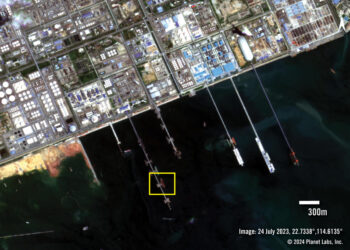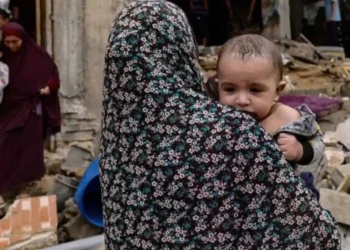Human Lives Human Rights: Rights groups have called on the security of civilians as the governments of Uganda and the Democratic Republic of the Congo (DRC) launch a joint military operation against the Allied Democratic Forces (ADF) rebels.
As both Congolese and Ugandan forces continue to fight armed groups, the situation remains volatile in eastern DRC.
On November 30, the Ugandan army announced that it had launched air and artillery strikes against ADF camps in the DRC. The information was later confirmed by the Congolese government.
Residents of Nobili, a small town on the DRC-Uganda border in North-Kivu, have witnessed columns of Uganda People’s Defence Force (UPDF) soldiers with heavy weapons and armored vehicles crossing the border since Tuesday evening.
Past foreign military interventions in the DRC, including by Uganda, have resulted in the targeting or harming of civilians.
Rights groups say that military commanders in Uganda and DRC must take all required steps under international humanitarian law to protect and avoid harm to civilians during this operation.
They must also avoid locating military facilities and soldiers near civilian homes, and where they have to do so, they must give adequate warning and evacuate people if necessary.
The Congolese and the Ugandan armies, both have a track record of human rights violations and violations of international humanitarian law in the area and they have rarely been held to account.
In 2005, the International Court of Justice ruled that the Ugandan army violated international humanitarian and human rights law during their military intervention in DRC between 1998 and 2003, including through failing to protect the civilian population, committing killings and torture of civilians and destroying villages.
DRC has the obligation to investigate any reported violations of international humanitarian law and human rights on its territory, including by its own forces, while Uganda must investigate any allegations of violations by its forces.
Authorities must also allow access for humanitarian actors, journalists and human rights defenders to continue to do their work unhindered, including in areas where joint operations are taking place.
















